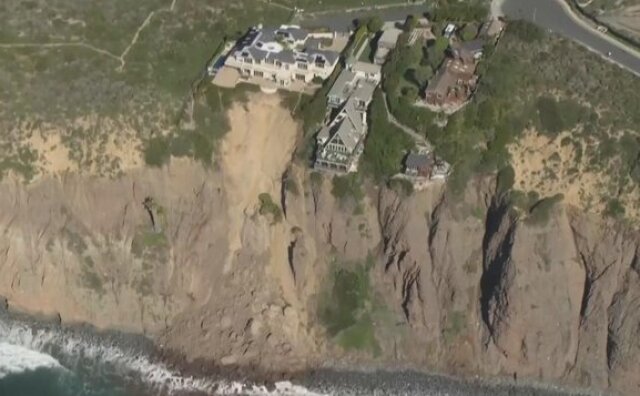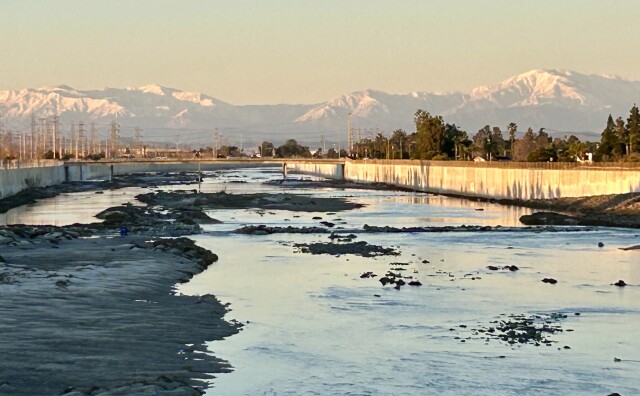A Lot Of Money Is Pouring In For Climate Solutions. Who Receives It Is Largely Unequal

Historic amounts of both private and public money are pouring into climate solutions, but when it comes to climate tech and venture capital funding, the distribution of those funds is largely unequal.
In 2022, for example, less than 2% of some $230 billion raised in venture capital went to women-owned businesses, 1.5% to Latino-owned companies, and just 1% went to Black-owned startups, according to data compiled by technology news sites TechCrunch and Crunchbase. In 2023, those numbers have gone down even further.
To put those numbers in perspective: women make up about half of the U.S. population, Latinos about 19% and Black people about 13%, according to the U.S. Census Bureau.
These numbers are for venture capital investment as a whole, not just clean tech, but the trend is similar in that space.
“Venture capital-backed companies and clean tech and climate tech — it's still predominantly white male founders,” said Matt Petersen, CEO of the Los Angeles Cleantech Incubator, or LACI.
Efforts underway to diversify the green economy
The non-profit incubates climate startups as well as small businesses, and provides additional support to founders as they develop their businesses, including access to LACI’s own venture fund and separate debt financing. LACI also provides a variety of workforce development training, among other efforts to rapidly scale climate tech, train the workforce of the future, and create a more inclusive “green economy.”
“We're trying to prove that out in the greater Los Angeles area, the third largest metropolitan economy in the world, in making sure that more and more entrepreneurs look like Los Angeles, look like our society,” Petersen said.

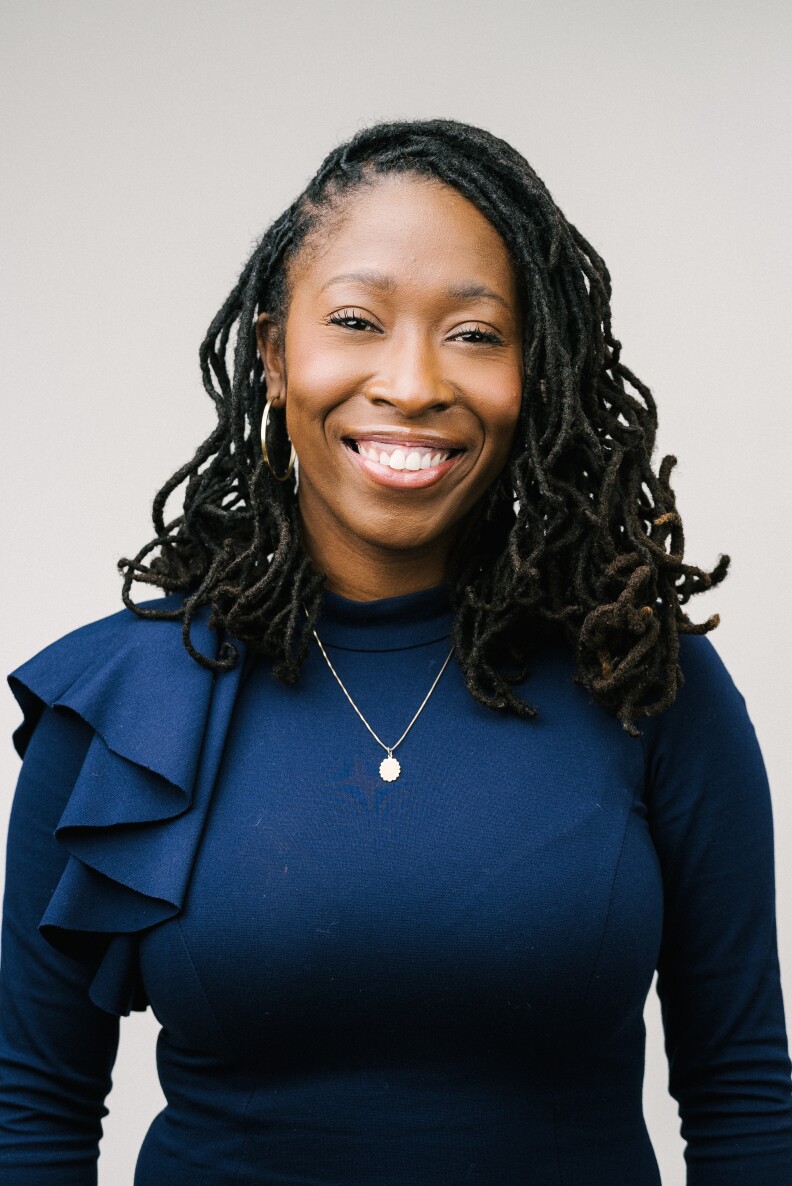
LACI’s outreach, recruitment and funding efforts have continued to grow — and they’ve seen progress. For the investment fund managed by the non-profit, the numbers of women-led and Black and Brown-led businesses funded are far higher than the nationwide average.
For example, in their second investment fund, 44% of the companies funded are women-led and 22% are Black and/or Latino-led, according to data shared with LAist by LACI. In 2022, their startup incubation program had 23% people of color founders, including 11% Black and 7% Latino founders, and 14% women founders. Their percentage of founders in their latest cohort is 16% Black, 17% Latino, and 46% women.
The numbers across their investment fund and startup incubation programs fluctuate. White male and Asian entrepreneurs are still overrepresented, while Latino and women entrepreneurs remain underrepresented.
“It’s representative of the challenge overall,” said Petersen. “We’re still in a better place than venture capital, but we're not happy with it. We want better representation.”
California as a state is working to change that at a broader scale — Governor Newsom recently signed a bill into law that will require venture capital firms to disclose the demographics of the businesses they fund, starting in 2025. And LACI, along with the National Coalition of Clean Energy Incubators, have committed to a set of principles to do their part to support the Biden Administration's Justice40 initiative, which aims to provide at least 40% of federal climate investments to communities overburdened by pollution.
Why sustainability needs to also be accessible
Kameale C. Terry is one entrepreneur of color who started her business through LACI's programs. She grew up in South L.A., the child of two immigrants from Belize. She worked in banking, then for an electric vehicle tech company. Today, she is the co-founder and CEO of her own tech company — ChargerHelp!, the nation’s only on-demand repair service for electric vehicle charging stations, which she launched with the help of LACI’s programs.
She said current language around climate and sustainability solutions makes it feel like the space is only for wealthy white people. She used single-use plastic bags as an example.
“We never had single-use plastic bags," Terry said. "We used plastic bags to deep condition our hair. We used plastic bags to take our lunches. We used plastic bags for garbage. Like, we used plastic bags to an exponential level."
We do a disservice to humanity when we do not allow other folks to participate in solutions and innovation.
“We do a disservice to humanity when we do not allow other folks to participate in solutions and innovation,” Terry continued. “ You miss out on ideas. You leave money on the table. Just in logic, you have a group of people that have been surviving off of a lack of resources and they're intrinsically more sustainable — so why on earth wouldn't we want their voice at the table?”
These are barriers to boosting diversity
According to experts LAist spoke with, the main barriers to boosting diversity in clean tech and venture capitalism include:
- The ongoing impacts of systemic racism, including the lasting legacy of redlining. People in Black and Brown communities are less likely to own a home today, making it nearly impossible to take out a loan to start a business.
- The long history of exclusion of people of color and women from good-paying jobs and lucrative business opportunities has also caused generational wealth gaps that continue today, so Black and Brown founders are less likely to have access to capital from family to start a business.
- Entrenched sexism and racial bias, where investors may not take the risk on a startup because a founder doesn’t look like who they envision a successful entrepreneur to be — that is, white and male.
- The lack of diversity fuels a lack of diversity — when people don’t see themselves in the clean tech space or across the table on the investor side, they’re less likely to want to participate.
Overcoming these systemic barriers requires significant investments and different ways of doing things to change the narrative and truly create a more inclusive economy for all, said Taj Ahmad Eldridge, the managing director for Climate Innovations at JFFLabs and co-founder of Include Ventures, an investment fund that prioritizes investing at the intersection of diversity and sustainability.
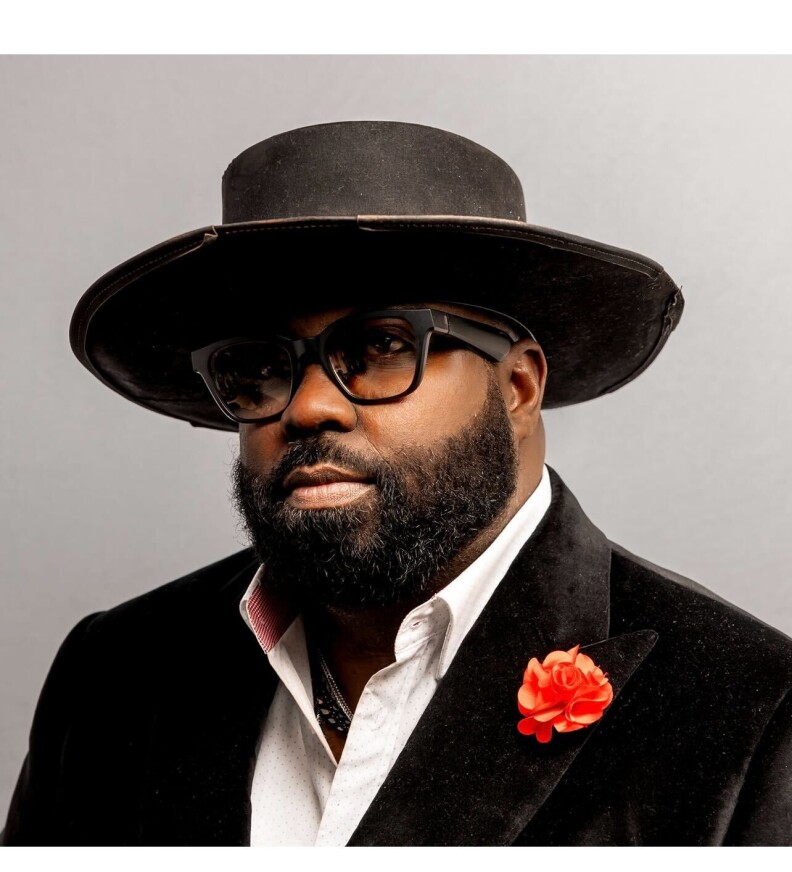
He said those different ways of doing things include intentional recruitment and outreach in underrepresented communities, shifting traditional funding structures, and bridging the gaps between workforce development and startup investment — a center of his current work. LACI too is a nationwide leader on such efforts, in no small part because of Eldridge’s work there as well.
Eldridge worked at LACI from 2018 to 2021, where — in an example of doing funding a different way to overcome these systemic barriers — he was instrumental in launching what became LACI’s first-in-nation debt fund, which offers low-interest, no-collateral loans of $25,000 to $250,000 to early-stage cleantech startups.
Why business is part of the solution
Not only are the impacts of the climate crisis in frontline communities physical — for example, neighborhoods that are home predominantly to people of color are more likely to be overburdened by air pollution, as well as have less green space and trees, which makes the environment even hotter in a warming world .
Eldridge said they’re also largely economic. For example, utility bills are climbing, and recovering after a climate disaster can be very different for those with financial means versus those without.
“A lot of people may think of annual returns, quarterly returns, but I've called it this idea of ancestral returns — that we're making these returns not just for our lives right now, but the lives of our people later on,” Eldridge said. “At the end of the day, venture capital is about having solutions to problems. And so when I see problems in the green space, I see opportunities.”

There are a lot of problems that need to be solved in the climate space — from fixing broken EV chargers like ChargerHelp!, to recycling EV batteries for other purposes, to developing shade structures that significantly cool homes (startups from LACI’s most recent entrepreneurs) and more.

Eldridge said that the transition to a “green economy” is often seen as at the expense of working-class jobs. In his view, it’s the start of leveling the playing field and shifting to a more “skills-based” economy, meaning trade schools, community colleges and apprenticeship programs will play even more essential roles in coming decades.
“Degrees are going to matter still, but I think what's going to matter most in this green economy are skills,” Eldridge said. “No longer are people going to think about B.A.s as terminal degrees to get into the workforce, they're going to think about stacking skills on top of skills as technology changes.”

Companies such as ChargerHelp! bridge such gaps between the startup world and the workforce of the future — not only building generational wealth through good jobs that don’t require advanced degrees, but also solving broader societal issues and building trust in communities that may be skeptical about climate solutions or feel that they’re not for them.
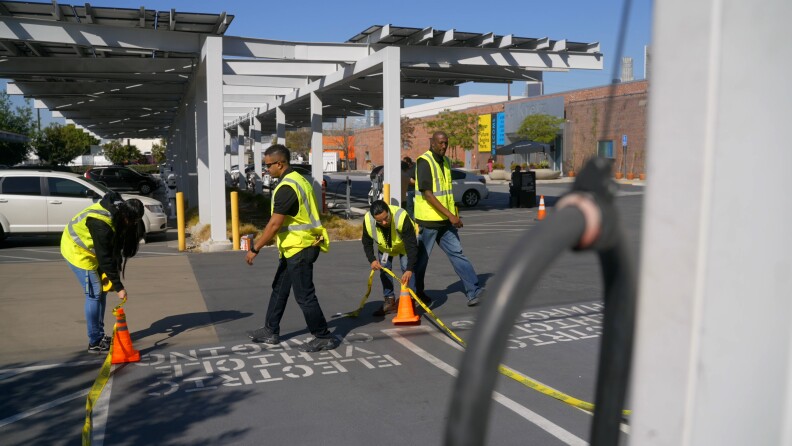
Terry's personal experience has informed that approach. Her mother worked as an education assistant and never made more than $27,000 a year. Her mother passed away from cancer a few years ago — Terry attributes it in part to the air pollution in South L.A. and decades of stressful work with low pay.
“We know what it's like when people don't take care of folks, and so we don't want anybody to have our experience,” Terry said. “I don't think that you can have a good business if your frontline workers or the folks that are working directly with your customer are not well taken care of.”
I don't think that you can have a good business if your frontline workers or the folks that are working directly with your customer are not well taken care of.
And that approach is leading to big returns. Since ChargerHelp! was founded in 2020, the company has raised more than $20 million, fixed more EV charging stations than any other company in the space (with data to back it), hired 58 employees, expanded nationally and influenced federal policy to ensure a $30-an-hour minimum wage for electric vehicle charging station technicians industry-wide.
“I’m, like, living the dream,” Terry said.
Why more diversity is needed in climate tech
From a purely money perspective, it’s simply better business — the data shows companies with more racial and gender diversity bring in higher returns.
Furthermore, Eldridge said boosting diversity in the climate tech and investment space is less about the moral argument of building an inclusive society, and more about the fact that diversity — not just race and gender, but also geographic, economic, and other types of diversity — is necessary to solve life-or-death problems.
“The communities most impacted [by climate change] are poor communities, communities of color, immigrant communities,” Eldridge said. “Not only do we need to have those communities have solutions, but we need to have the people who are creating those solutions come from those communities.”
The communities most impacted [by climate change] are poor communities, communities of color, immigrant communities...we need to have the people who are creating solutions come from those communities.
Eldridge himself has such direct personal experience. He was diagnosed with kidney failure in 2018 — likely a result of the lead contamination in the water of the community in Dallas where he grew up. He’d been misdiagnosed a decade earlier by a white doctor, and attributes the accurate diagnosis to be a result of seeing an Indian American woman doctor, who made the connections between environmental injustice and his health.
“When I think about diversity, it's more than just about giving hands to people who've been overlooked,” Eldridge said. “What it's about is having a different perspective, because she had a different perspective that literally saved my life.”
Have a climate solution business idea? Here are some resources
-
- Overview of LACI’s startup programs: https://laincubator.org/programs/
- Applications for LACI’s next incubation cohort open on Oct. 26. Learn more: https://laincubator.org/innovators-incubation/
- LACI’s Founder Business Accelerator Program: https://laincubator.org/fba/
- LACI’s Equity Innovation Program: https://laincubator.org/eip/
- LACI Debt Fund information: https://laincubator.org/debtfund/
- LACI’s workforce development page, where you can find the latest information on upcoming trainings and programs for green jobs: https://laincubator.org/workforce-development/
-
- LACI’s Women in Cleantech: https://laincubator.org/women-in-cleantech/
- Greentech Noir: https://www.greentechnoir.com/
- VCFamilia: https://www.vcfamilia.com/
- Hispanics In Energy: https://www.hispanicsinenergy.com/
- Asians In Energy: https://asiansinenergy.org/
- American Association of Blacks In Energy: https://www.aabe.org/
-
- JFF Ventures: https://info.jff.org/ventures
- Include Ventures: https://www.includeventures.com/
- The 22 Fund: https://the22fund.com/
- Slauson & Co. Accelerator fund: https://www.slauson.co/friends-and-family
-
The state's parks department is working with stakeholders, including the military, to rebuild the San Onofre road, but no timeline has been given.
-
Built in 1951, the glass-walled chapel is one of L.A.’s few national historic landmarks. This isn’t the first time it has been damaged by landslides.
-
The climate crisis is destabilizing cliffs and making landslides more likely, an expert says.
-
Lifei Huang, 22, went missing near Mt. Baldy on Feb. 4 as the first of two atmospheric rivers was bearing down on the region.
-
Since 2021, volunteers have been planting Joshua tree seedlings in the Mojave Desert burn scar. The next session is slated for later this Spring, according to the National Park Service. Just like previous times, a few camels will be tagging along.
-
There are three main meteorological reasons why L.A. is so smoggy — all of which are affected when a rainstorm passes through and brings clearer skies.






